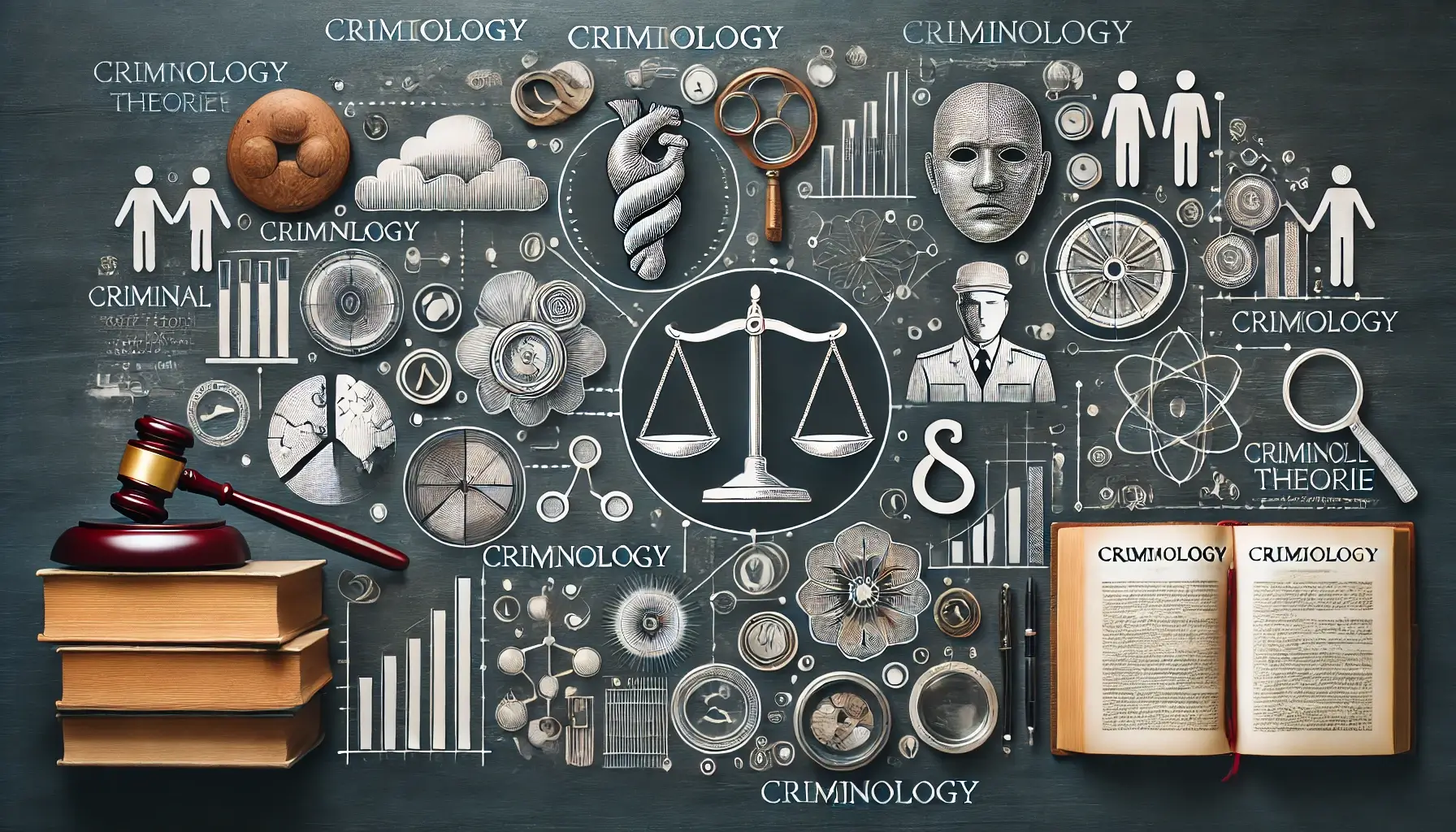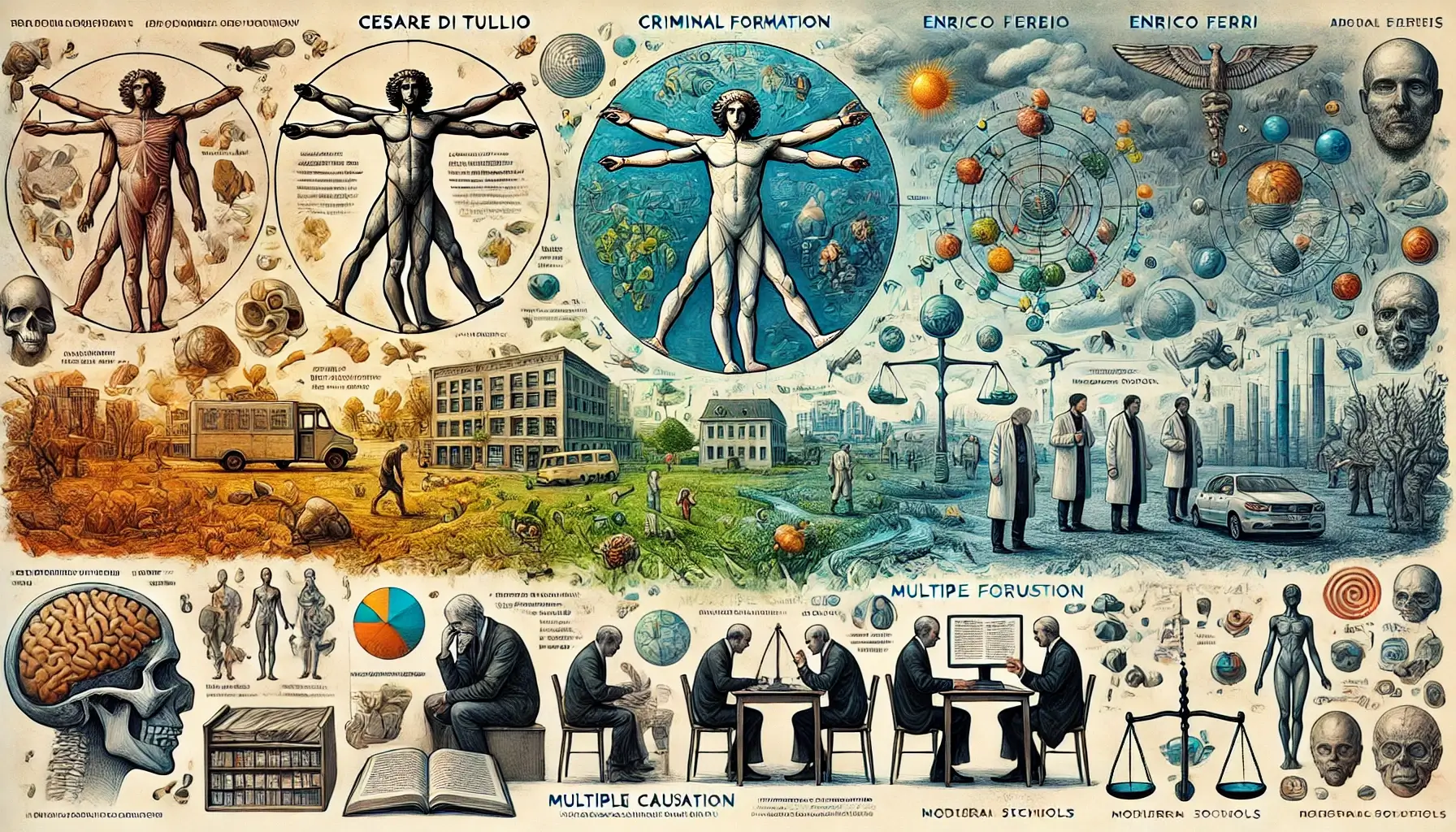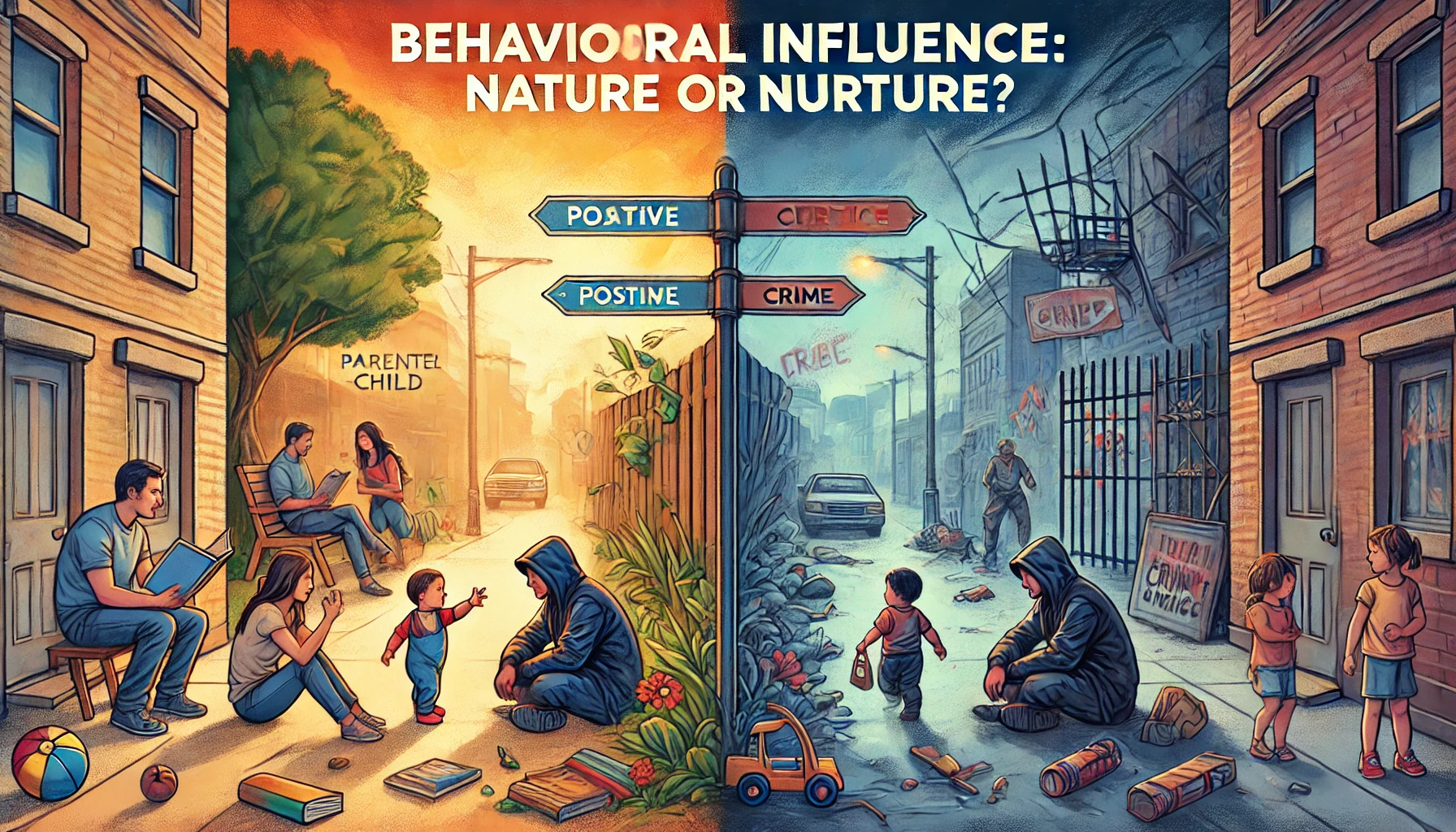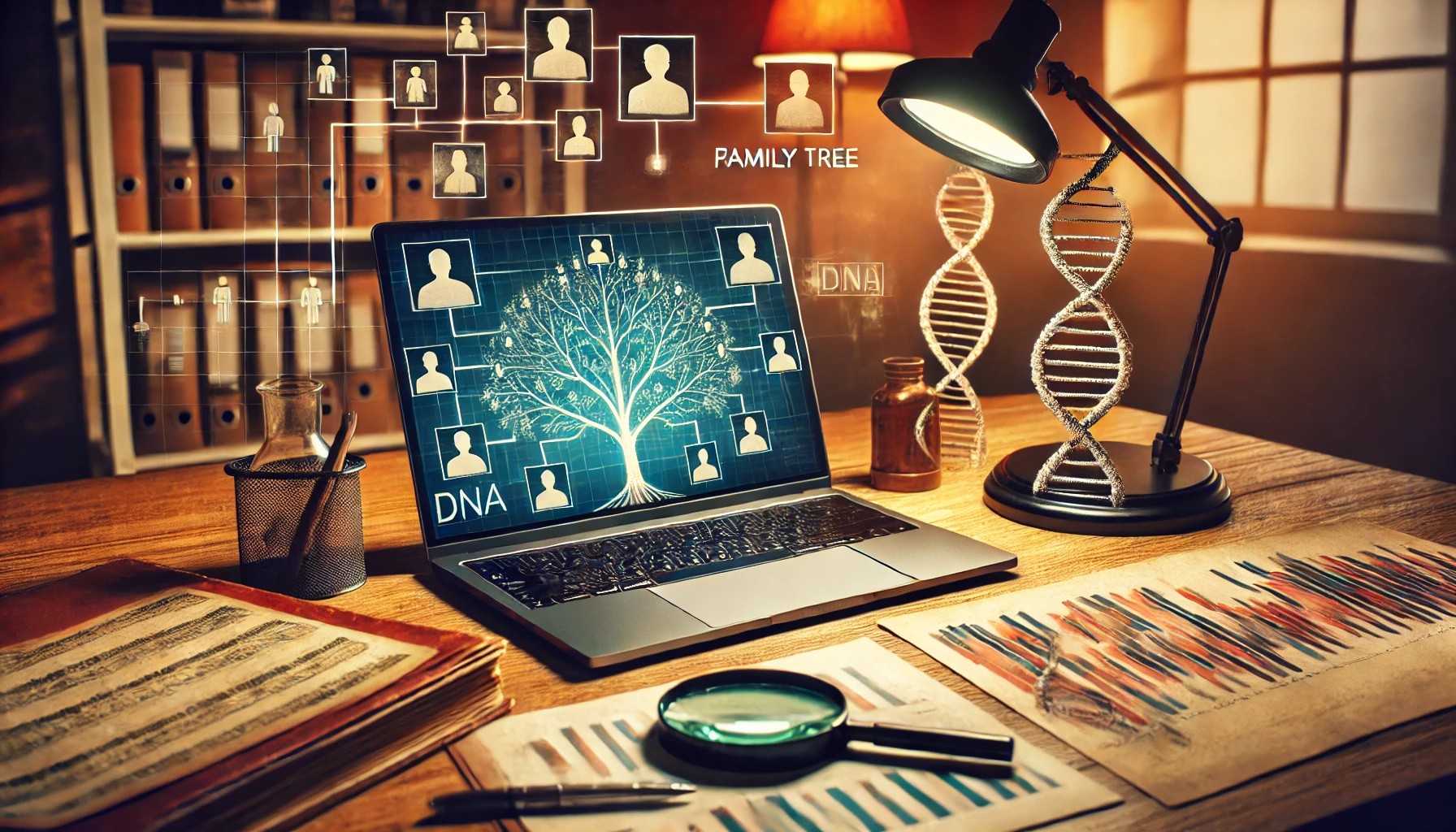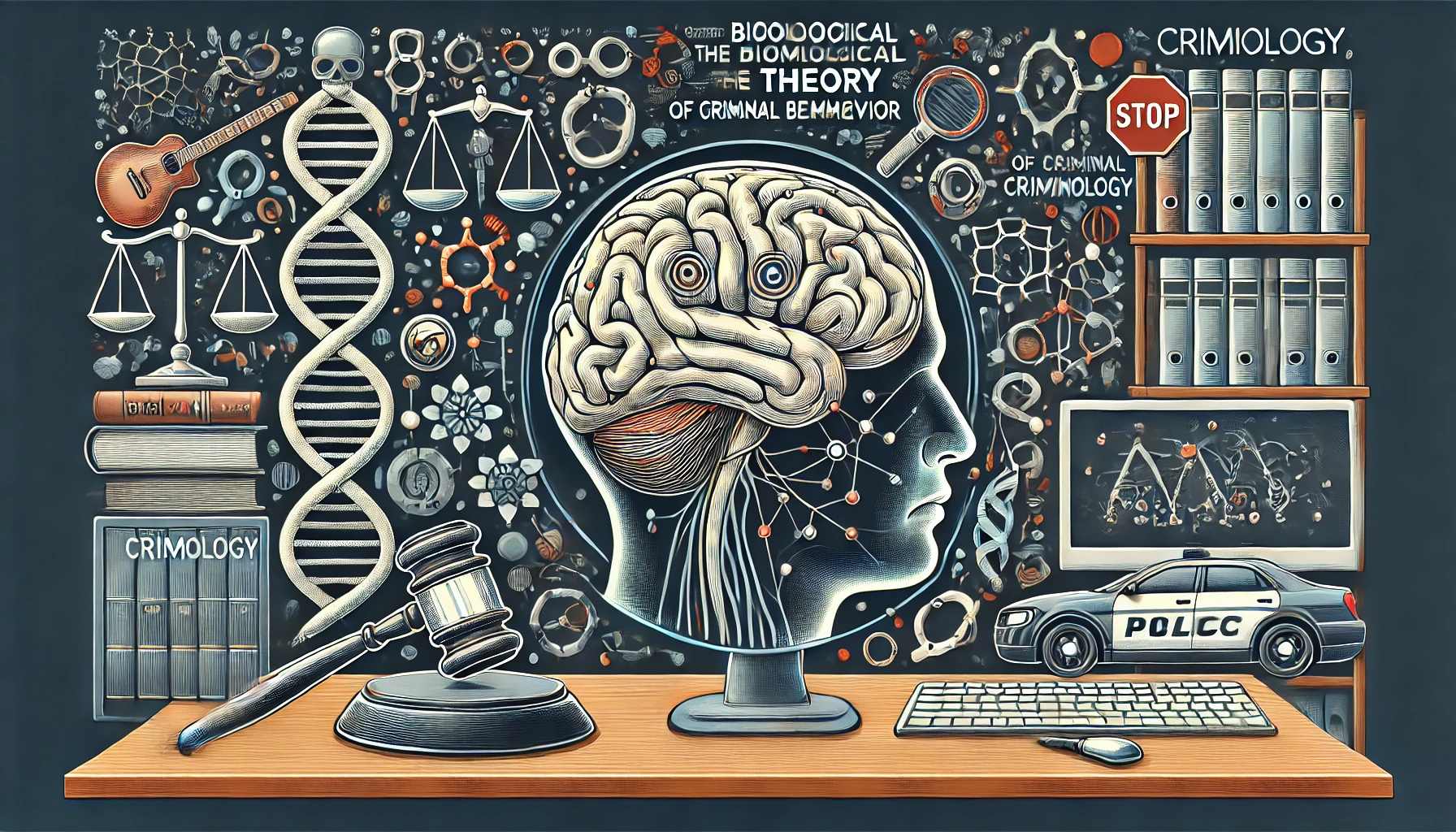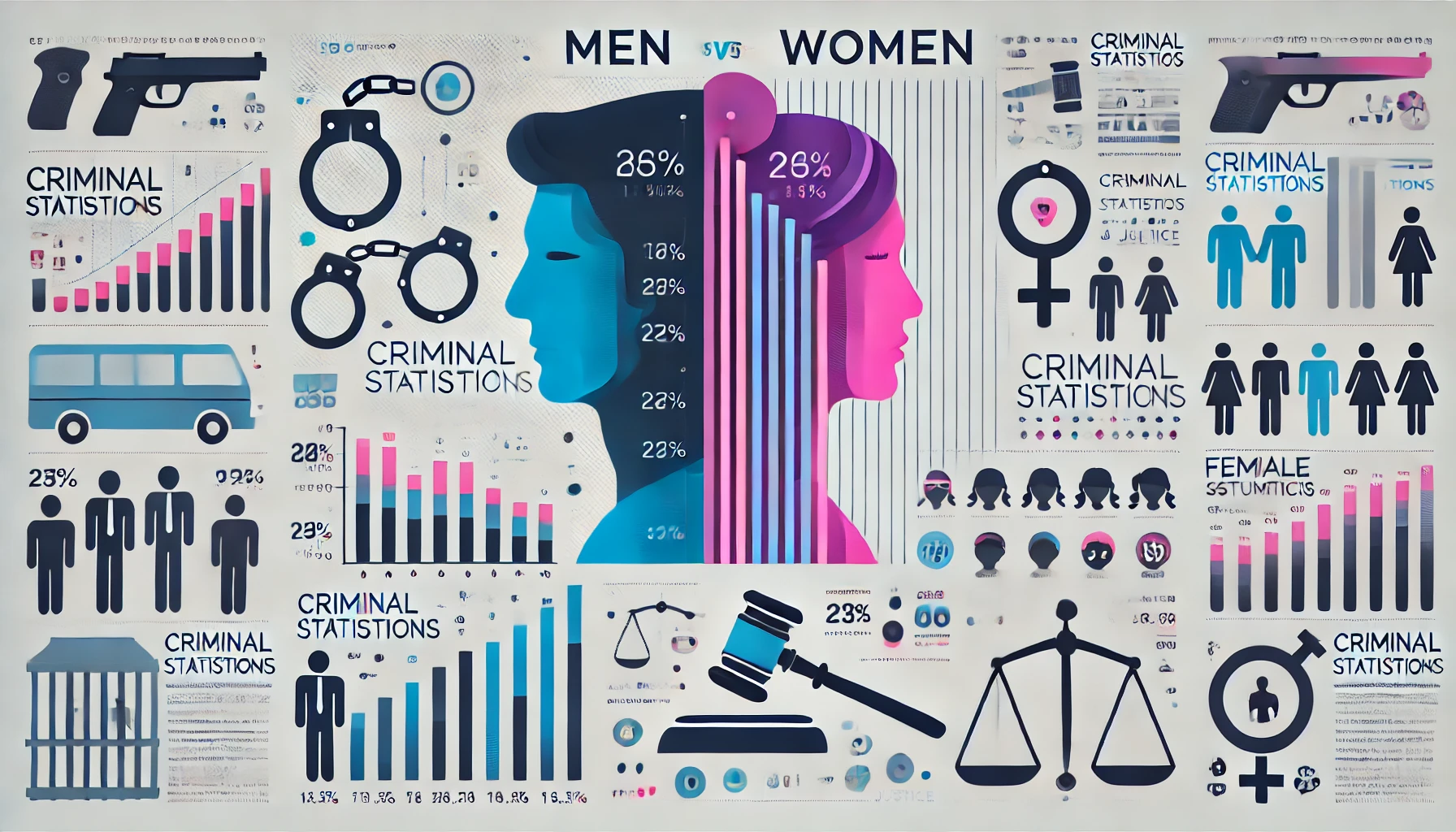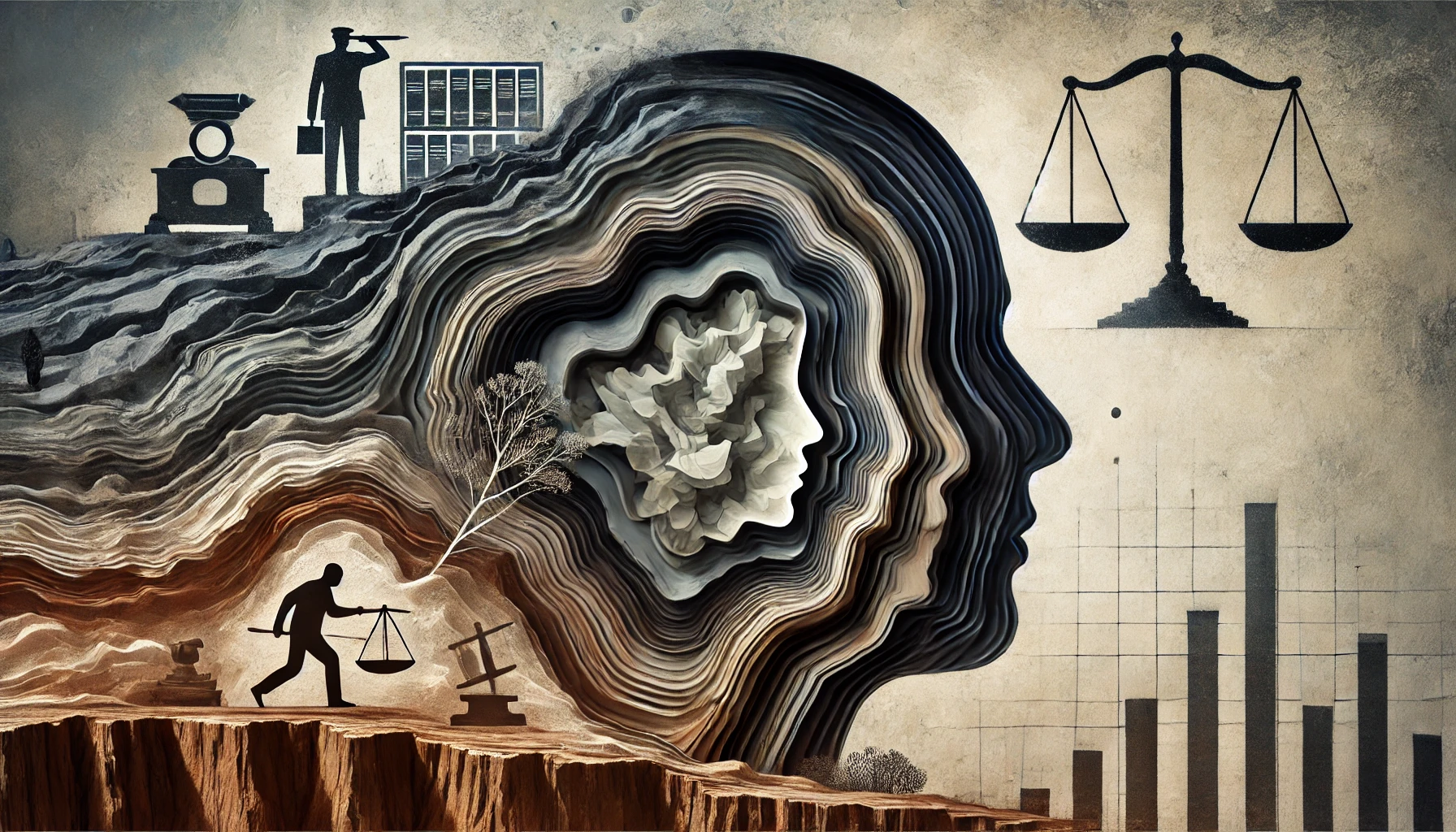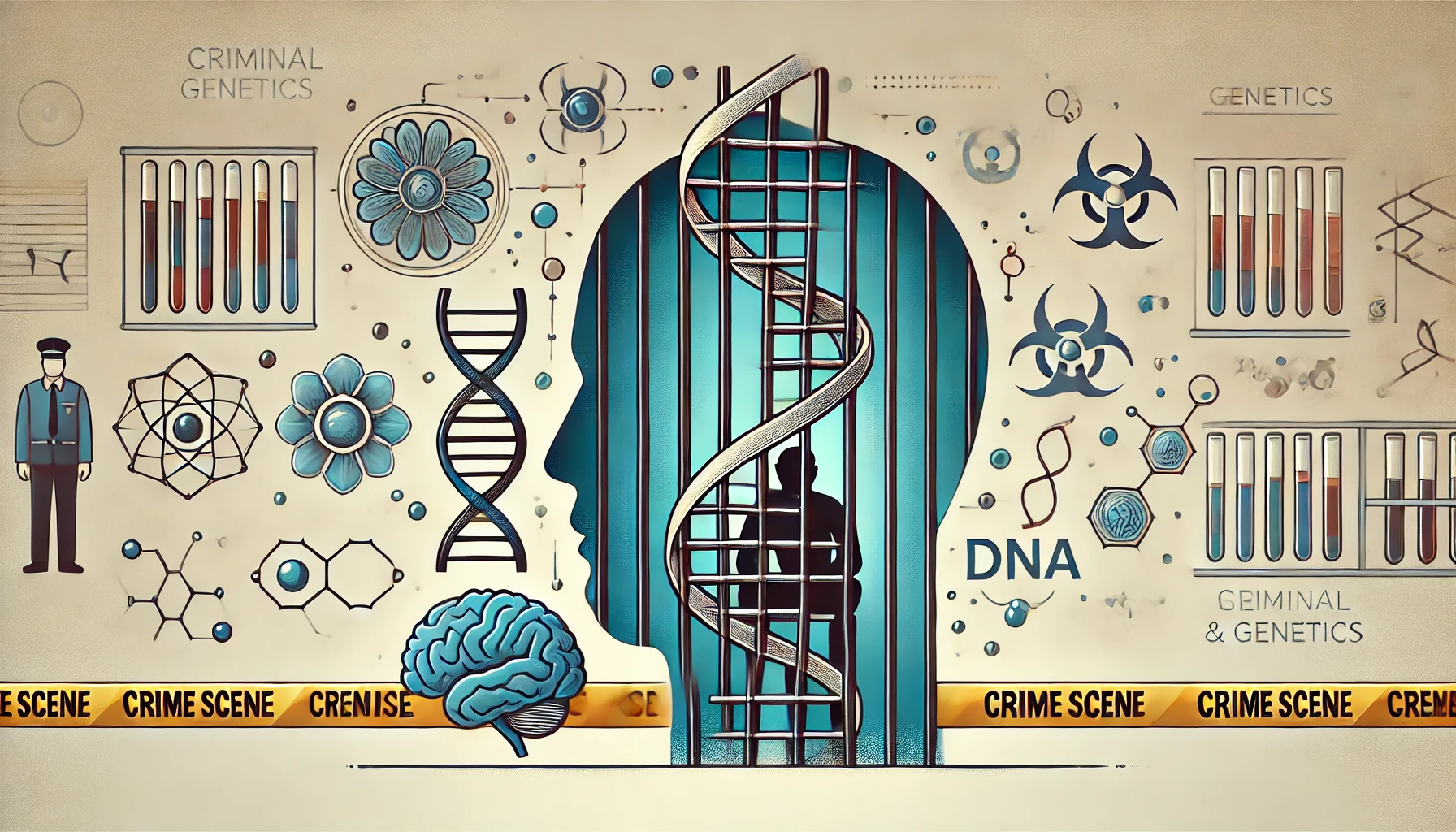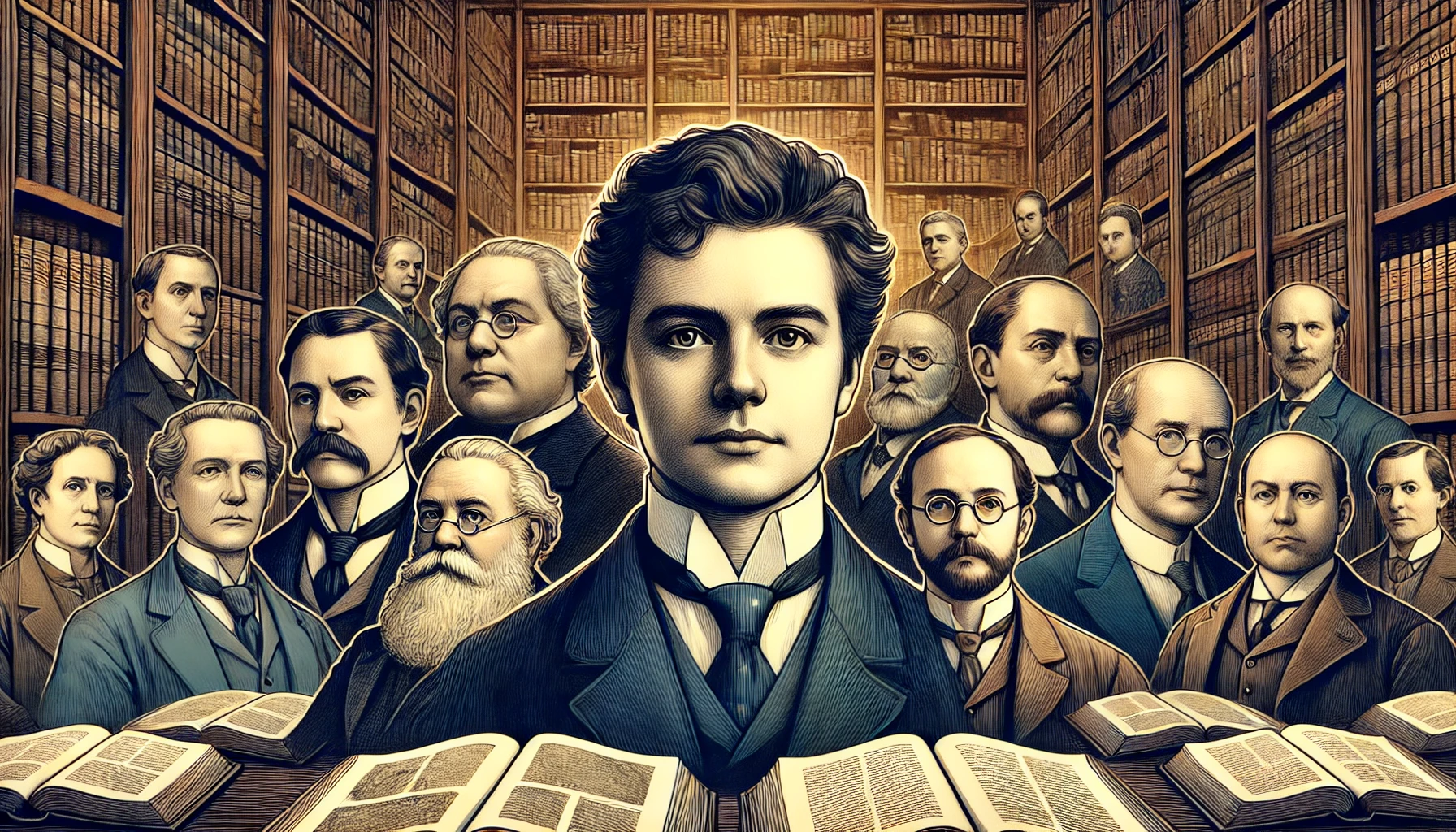Apparent Crime and Actual Crime | Crime Statistics
Introduction The criminal justice system depends on accurate identification and classification of behavior. A major concern in this process is distinguishing apparent crime from actual crime. Misjudging this difference can lead to serious miscarriages of justice, including wrongful arrests, damage to reputations, and waste of resources. In this article, we explore this distinction in depth, … Read more


